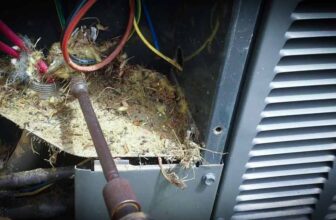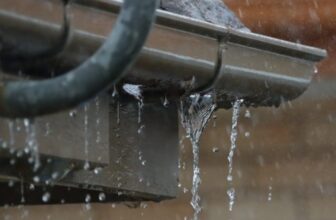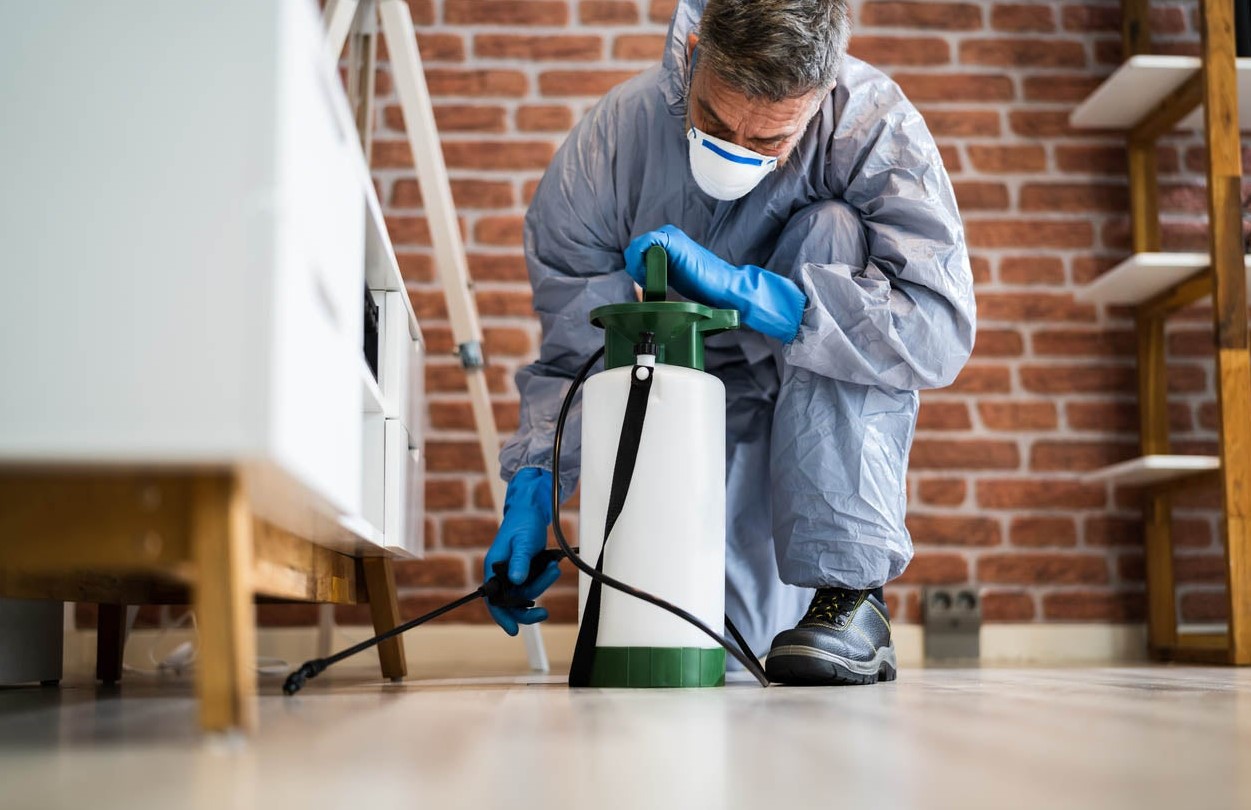
As nature enthusiasts, we all love the sight of flourishing gardens, buzzing with life and vibrant colors. However, what we don’t want to see are unwanted pests invading our homes and wreaking havoc on the environment.
Traditional pest control methods often involve harmful chemicals that not only harm them but also put the health of our families, pets, and the environment at risk. Thankfully, there is a better way: eco-friendly pest control.
Table of Contents
Hiring Professional Services
While DIY pest control methods can be effective, sometimes the situation calls for professional intervention. When choosing pest control services, opt for companies that prioritize eco-friendly practices. Reputable eco-friendly pest control services utilize non-toxic and organic treatments to address infestations without causing harm to the environment.
They follow integrated principles, using targeted strategies to control them rather than resorting to blanket chemical applications. When it comes to protecting your home with eco-friendly pest control, Coral Springs residents trust Pest Control Coral Springs for their effective and environmentally-conscious solutions that keep their homes pest-free and the environment safe.
Professionals from pest control Louisville, KY have in-depth knowledge of various pests and understand their behavior, allowing them to devise effective, environmentally responsible solutions. By hiring eco-friendly control services, you not only safeguard your home but also contribute to the preservation of the natural world around us.
Natural Repellents and Deterrents

Source: terminix.com
Many of the solutions to pest problems can be found in nature itself. We can harness the power of plants and natural substances to deter pests from invading our spaces. Essential oils like peppermint, eucalyptus, and lemon have potent insect-repellent properties, and they can be used effectively to keep them at bay.
Simply mix a few drops of these essential oils with water and spray them around your home or garden.
Additionally, certain plants act as natural deterrents. For instance, marigolds are known to repel aphids and mosquitoes, while lavender can keep moths and fleas away.
By incorporating these natural repellents into our surroundings, we create a harmonious ecosystem that discourages them from settling in our homes.
Integrated Pest Management (IPM) Strategies
This is a holistic approach to control that aims to manage pests using environmentally friendly methods. The first step in IPM is to identify the specific pest and understand its lifecycle and habits. By knowing your enemy, you can devise targeted strategies to disrupt their breeding and survival.
One effective technique is crop rotation, which prevents the buildup of populations by varying the plants grown in the same area over different seasons.
Moreover, introducing beneficial insects, such as ladybugs and praying mantises, can serve as natural predators. IPM also emphasizes the use of physical barriers, like screens and caulking, to prevent them from entering your home.
By combining these eco-friendly strategies, we can reduce our reliance on harmful chemicals and create a balanced ecosystem.
Non-Toxic Extermination Techniques
When pests become a persistent problem, it’s crucial to address the issue without causing harm to the environment. Non-toxic pest extermination techniques provide effective alternatives to traditional chemical-based methods.
One such method is the use of diatomaceous earth, a natural substance derived from fossilized algae. This powder is safe for humans and pets but lethal to insects. When pests come into contact with diatomaceous earth, it damages their exoskeleton, causing them to dehydrate and die.
Another eco-friendly approach is the use of traps, which can be used to capture and release them outside of your home. These non-toxic methods provide effective solutions without endangering the delicate balance of our environment.
Organic Products and Their Uses
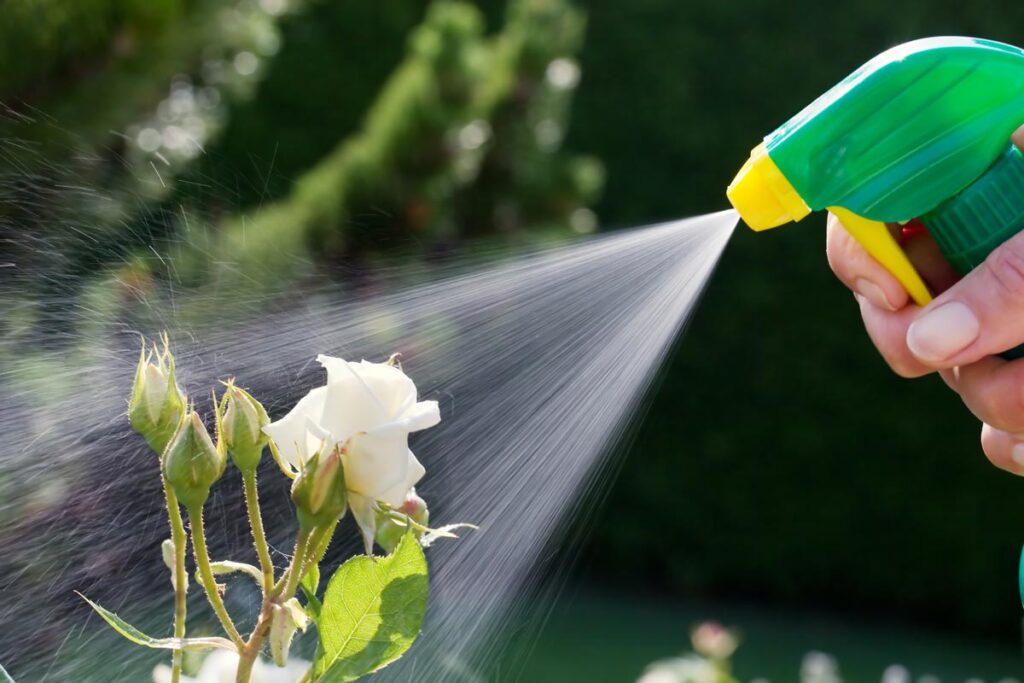
Source: globalgarden.co
As the demand for eco-friendly alternatives grows, the market has responded with a wide range of organic products. These products are derived from natural ingredients and are designed to target specific pests without causing harm to beneficial insects or the environment.
One popular example is neem oil, extracted from the seeds of the neem tree, which acts as a powerful insect repellent and disrupts the life cycle. Another effective product is a garlic-based spray, which repels a variety of insects while being non-toxic to humans and animals.
Additionally, insecticidal soaps made from natural fatty acids are effective against soft-bodied aphids, mites, and whiteflies. Embracing these organic pest control products empowers us to protect our homes while preserving the delicate balance of nature.
Creating a Pest-Resistant Home Environment
Preventing pest infestations starts with creating an environment that is inhospitable to these unwanted invaders. Simple practices, such as maintaining cleanliness and proper waste disposal, go a long way in deterring pests. Regularly cleaning up food spills and crumbs, sealing food containers, and disposing of organic waste in compost bins can minimize pest attraction.
Moreover, removing standing water around your property eliminates breeding grounds for mosquitoes and other water-loving insects.
A clutter-free home also reduces hiding spots, making it easier to spot and address any potential issues. Furthermore, regularly inspecting and maintaining your home’s exterior can help seal off entry points that they might exploit. By implementing these practices, we can create a pest-resistant home environment that promotes harmony between humans and nature.
Preventing Infestations through Eco-Friendly Practices
The best way to deal with pests is to prevent them from becoming a problem in the first place. Adopting eco-friendly practices can significantly reduce the likelihood of infestations. When planting gardens, consider companion planting, which involves growing certain plants together to deter pests.
For example, planting basil alongside tomatoes can repel harmful insects while promoting tomato growth. Installing bird feeders and houses attracts natural predators that help keep the populations in check.
To control garden dwellers, hand-picking them or using physical barriers like row covers can be highly effective. Additionally, regular pruning and weeding keep plants healthy and discourage them from taking over. By implementing these eco-friendly practices, we create a thriving and balanced ecosystem in our gardens and lawns.
Final Words
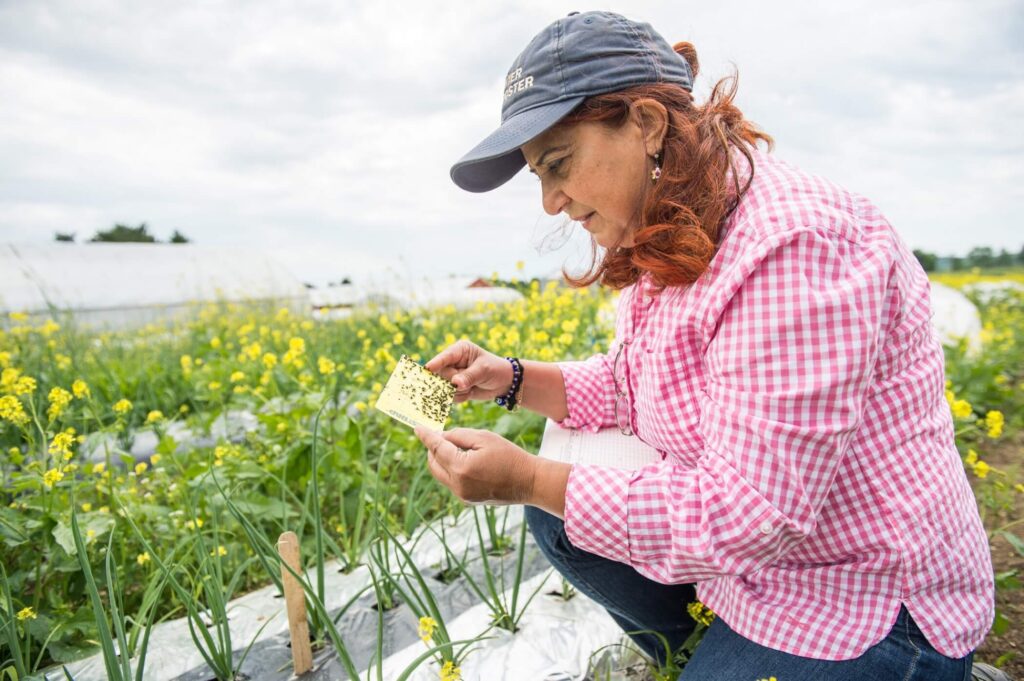
Source: rodaleinstitute.org
As we strive to protect our homes and the environment, eco-friendly pest control emerges as a practical and responsible solution.
By harnessing the power of nature, implementing integrated pest management strategies, utilizing non-toxic extermination techniques, and opting for organic products, we can effectively manage these troublemakers without harming the delicate balance of our surroundings.
Creating a pest-resistant home environment and adopting eco-friendly practices in our gardens and lawns further contribute to a healthier and sustainable future. Whether you’re a seasoned environmentalist or a novice in the world of eco-friendly living, these practices are accessible and effective for all.





